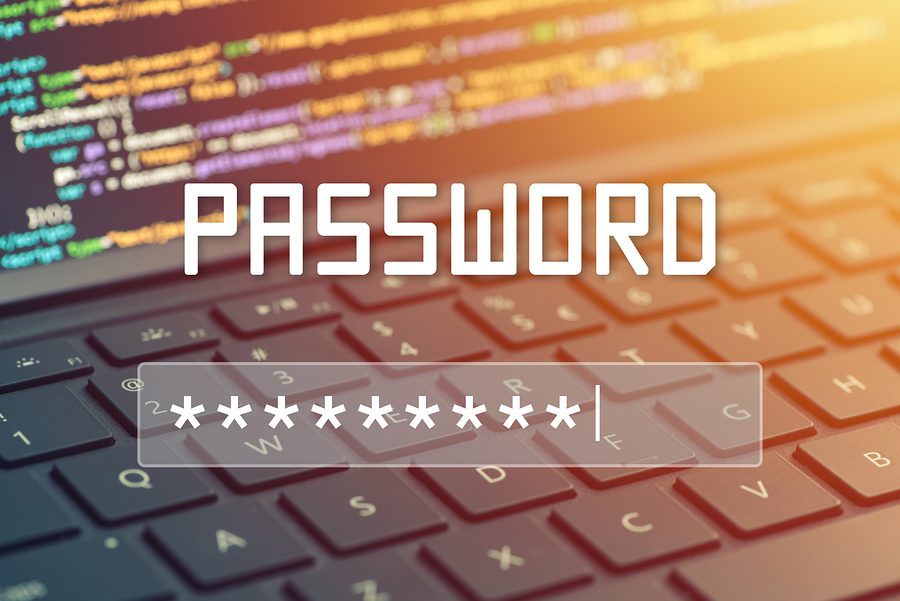How Complex Do Your Passwords Need To Be?

Your passwords protect all kinds of data online, from your email account to online bank accounts and more. Having your password stolen from one of these sites could end up setting off many issues, like having purchases made in your name, having your identity stolen, or having your sensitive information exposed.
That’s why creating a strong password is so important.
How Can Your Passwords Be Stolen?
There are many ways that cybercriminals can obtain your password information. For example, one of the most common ways that cybercriminals get their hands on passwords is through phishing. They’ll send an email in which they will pretend to be a company, like your bank or a retailer, and request that you input your password.
Cybercriminals who are targeting you or your business may try guessing your passwords as well. If you’ve chosen something simple, such as your name or birthdate, odds are they will guess it. If they don’t have any luck guessing your password, they may use specialized software that goes through numerous combinations of letters in rapid succession to try and figure it out.
Tips for Creating Strong Passwords
Creating a 20-character password full of random letters and symbols isn’t ideal since you’ll never be able to memorize it and will need to have it written down somewhere near your computer, which can put your password at risk if anyone nearby were to steal it. However, it doesn’t need to be insanely complicated, just make sure that you use the following tips when you create your password:
1. Avoid the obvious
Using “password” for your password is not as clever as you think. Avoid passwords that seem really obvious, including your name and your birth date. For example, John1980 is not a good password.
2. Avoid personal information
Using your dog’s name or your wife’s name is not a good idea either, especially if such information is prominently displayed on your social media pages.
3. Don’t use short passwords
Even if you use something that’s not obvious, such as the word “fridge” for your online banking account, it’s still too easy to crack. A basic software program will be able to stumble on that password within a short period of time by simply going through combination after combination. The longer your password is, the more combinations there are that a software program will have to test out. Generally speaking, your password should be at least eight characters long.
4. Use other characters
In addition to letters, it’s recommended that you use numbers and symbols as well. Again, this makes the combination of characters more difficult for a software program to break.
5. Be less obvious about your characters
When adding different characters, people will commonly just add a symbol or number at the end of their password. For example–“password1” or “password!” For cybercriminals that spend a lot of time cracking passwords, this makes things much easier for them. Use different symbols and numbers in other places within your password instead of just at the end like many people do.
When it comes down to it, the best passwords tend to be the random use of one or two words, using random capitalization and adding symbols or numbers between the two words. For example, “bikE@salT.” It’s also a good idea to change your password on a semi-regular basis. For more information on best practices for protecting your data, be sure to contact us at AccuShred today.








